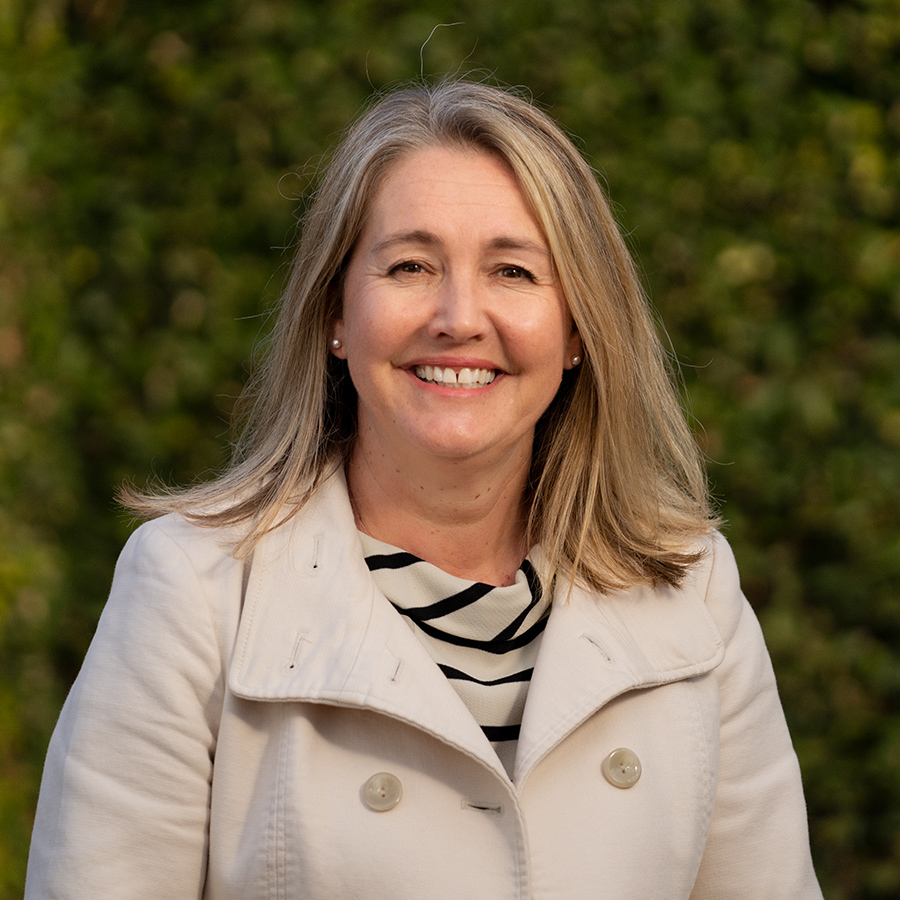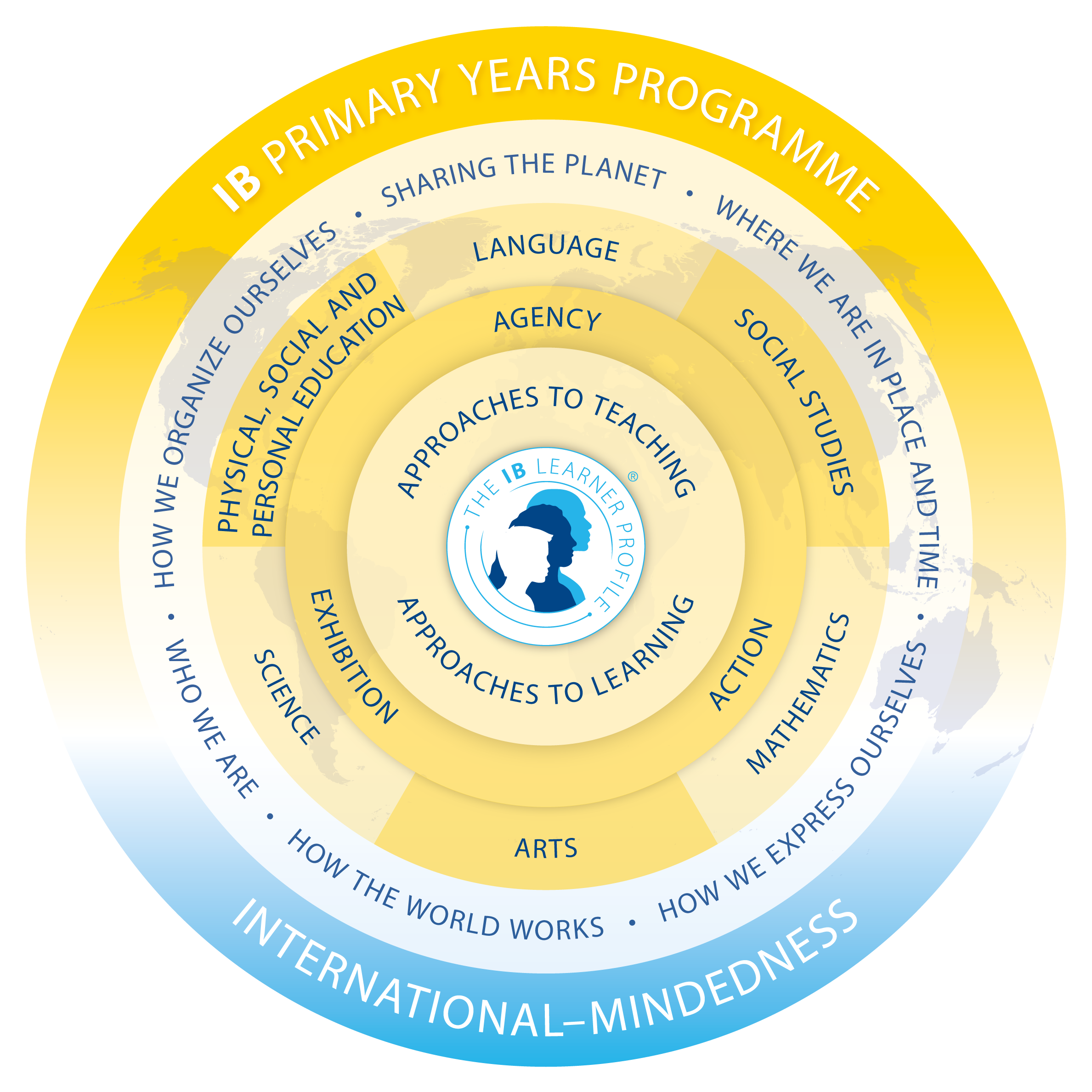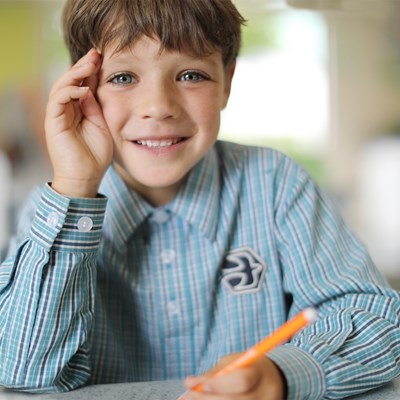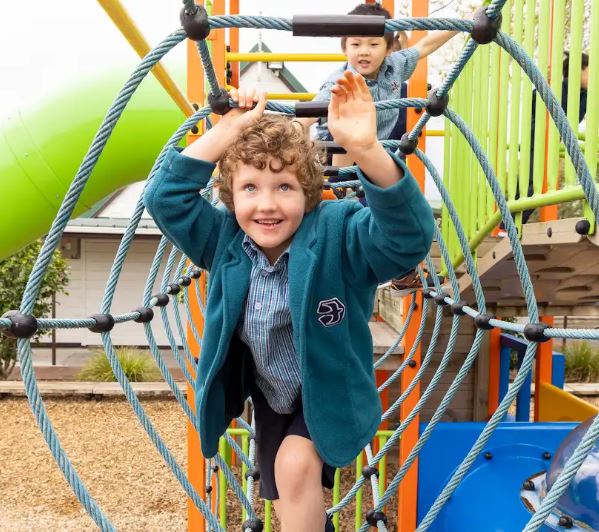Enriching the learning experience
Junior School
Year 0 - 6
(5 - 10 year olds)
These early years of school have a significant impact on how children feel about learning, and how they engage with it for the rest of their lives. At Kristin Junior School, we aim to give students everything they need for an inspiring learning experience.
Creating a welcoming and enriching environment is a big part of what we do. In the primary years, we’re seeking to stimulate all areas of a child's developing brain. Our curriculum is rich and varied, ensuring all children take part in a wide range of experiences to ignite interest and ensure engagement, including sporting, creative and extracurricular opportunities.
The Junior School places importance on developing the social and emotional skills that are crucial to success in life, alongside high levels of academic success. We limit our class sizes to give our teachers more one-on-one time with each child. This way, they can provide students with the support they need and tailor their teaching strategy to get the best outcome for each child.

Teaching with heart
Our foundations for learning in Junior School

Small class sizes for more one-on-one support and extension from teachers.

IB Primary Years Programme (PYP) is inquiry based, supporting and extending every student.

Single cell classrooms with dedicated homeroom teachers.

Specialised teachers in subjects including arts, languages and physical education.
Curriculum
The IB Primary Years Programme (PYP) provides the framework for learning from Kindergarten to Year 6. It focuses on the development of the whole child as an inquirer, both in the classroom and outside. IB educational programmes are world-renowned for their rigour and relevance.
The traditional subject areas of English, Mathematics, Science, Social Studies, Arts, and personal, social and Physical Education have a significant role in the PYP. The most distinctive feature is the six transdisciplinary themes, which create a framework that enables students to step up beyond the confines of learning within subject areas.
The six transdisciplinary themes are:
- Who we are
- Where we are in place and time
- How we express ourselves
- How the world works
- How we organise ourselves
- Sharing the planet
Students are involved in in-depth exploration of topics that have a global perspective and can expect to work individually and in groups.
Teacher feedback provides students with opportunities to reflect on their roles and responsibilities as learners and become actively involved in their learning.







